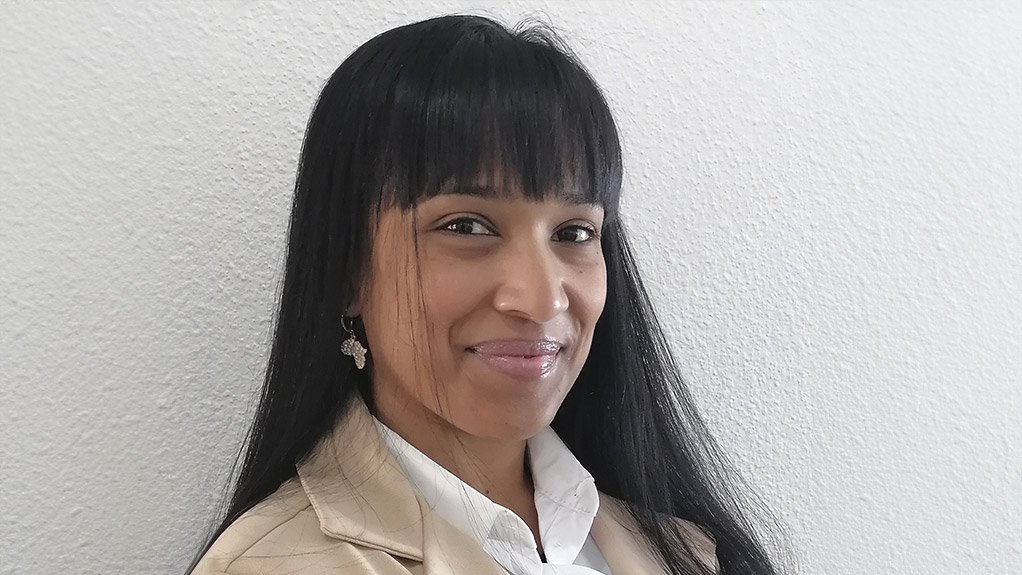
+27 (0)11 0461900
Private Bag X139 Halfway House 1685

The important evolution of HR
By Kim Naidoo, HR Manager, Anglophone Africa at Schneider Electric
The role of Human Resources (HR) has certainly changed over the years. The advances in technology (AI) continues to evolve at a smashing pace reshaping and altering the way HR operates. Human Resources plays an all-important role in the organisation; enabling, engaging, and empowering the most valuable asset of any organisation: its employees.
HR has without a doubt become a strategic partner to the organisation, driving environments that foster a high-performance culture, enabling both leaders and their team members to learn, grow and flourish.
Strategic HR partners work relentlessly to lead continuous transformation that is both impactful and aligned with the organisational strategy, part of which is to alleviate the skill shortage which plagues so many companies locally.
At Schneider Electric, we provide training, development, mentorship and coaching to our employees, to lead continuous and sustainable development. This, in turn, allows us to bridge the skills gap and foster organisational capability, long-term growth and employee progression. We approach the role as a strategic partner by:
- Understanding the company’s goals, future ambitions, team structures, and operations.
- Fostering collaboration across all employee levels to ensure alignment with the company’s vision.
- Knowing the workforce -being fully aware of the human capital, their skills, capabilities, and personal growth plans.
- Targeted recruitment which is customised to the future ambitions of the organisation.
- Defined onboarding and strategic skill development that is focused on nurturing and integrating a workforce that is well-integrated and aligned with company culture.
- Succession planning - preparing for future leadership and maintaining organisational stability and future growth.
Establishing a culture of work-life balance
As mentioned, employee and subsequent skills retention are important consideration for any HR department. To that end, work-life balance is a priority now more than ever. Focus on employee wellbeing is integral overall organisational success.
In fact, research by Harvard Business Review highlights that work-life support programmes not only promote productivity, reduce turnover, and improve mental and physical health but also significantly increase organisational diversity. Employee wellbeing is no longer just moral care but a strategic asset. We need to acknowledge our employees holistically and understand that their total wellbeing impacts their overall performance.
At Schneider Electric, we’ve recognised the importance of work-life balance and have implemented our global Care Strategy that supports total wellbeing at all our offices worldwide. Our Flexibility and Care Leave policies allow employees to manage their work-life balance. Our Care Leave provides wellbeing days to employees in addition to the standard statutory leave so that employees are empowered to manage their personal wellbeing.
At our offices in the English-speaking (Anglophone) Africa, we have a dedicated Wellbeing Committee that encompasses all business units across the cluster. Our wellbeing strategy includes programmes and activities that are holistic, inclusive and address all pillars of wellness: emotional, financial, social, spiritual, physical, intellectual, and environmental.
Furthermore, our leaders across cluster are coached and led to guide employees with care and mindfulness, fostering strong relationships that go beyond operations. This approach to employee engagement is a strong foundation for high-performing teams and sustainable productivity.
We ‘re all part of an increasingly globalised world in which HR teams, particularly those within the multinational realm, have to abide with complex and country-specific employment laws to maintain governance and due care around this aspect.
Like many disciplines across the globe, HR are AI (artificial intelligence) equipped to enhance important data and analytics that assist us in making strategic decisions that set our organisations on a path of sustainable skills development and employee retention. Integrating AI into HR and embracing this technology into our space does allow us to be smarter in how we work using predictive analysis to guide our decisions.
The role of HR has truly transcended beyond the traditional, to the strategic, to become the catalyst of what makes a company grow, it’s people.





